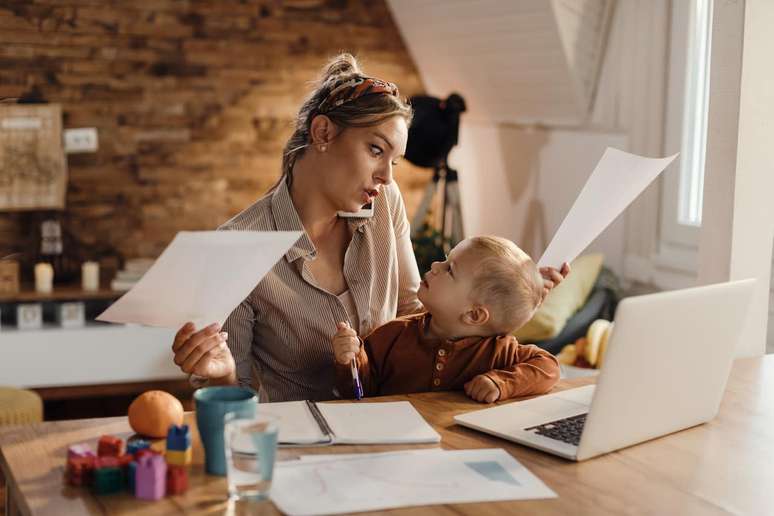The prospect of the green market in China allows Brazil to reposition itself as an exporter of sustainable products on a large scale
China’s concern for the environment and commitment to carbon neutrality by 2060 have changed the profile of local consumption and have affected provincial governments, businesses and the financial sector. At the government level, changes in import legislation have been observed since 2021, now requiring more mechanisms for sustainable food safety and traceability. On a daily basis, on the shelves of Hema Fresh, the Alibaba supermarket, there are “low carbon” and “zero carbon” products ranging from milk to vegetables, passing through ice cream and infant formula.
Although incipient, there is a government incentive for “green consumption”. An Accenture survey shows that concern for the environment is growing more in China than in the rest of the world. The Statista institute shows that, in 2021, one in three Chinese said that sustainability is a decisive factor when purchasing.
The trend in China indicates that there is room to add value to Brazil’s agricultural export basket through low-carbon products. We have more than ten years of experience with the Low Carbon Agriculture Program (ABC) and are implementing ABC+ from 2020 to 2030. value to an essentially primary agenda – in 2022, 74% of exports to China were soybeans, oil and iron ore.
The prospect of the green market in China allows Brazil to reposition itself as an exporter of sustainable products on a large scale. We produce food, fibers and cereals with a low carbon footprint, in direct sowing systems or in crop-breeding-forest integration. We have third party certification processes, with indicators based on science drawn down. We can modulate the methodologies for the type of inside information from the Chinese.
This positioning will require Brazil to play a strategic role in creating competitive brands and effective messages that enhance the national product. This is why more dialogue is needed with the actors of the Chinese system: from regulators to customers, including the academia.
On another front, ensuring scale and an exportable surplus for low-carbon manufacturing is essential. This will require investment in degraded pasture conversion and sustainable intensification. Brazil was recently awarded the Fiagros, efficient funds to channel resources towards sustainable production capable of attracting, among other investors, resources from China, which would strengthen confidence in the model./Vallya Agro partner Larissa Wachholz served as Special Advisor for China at the Ministry of Agriculture, Livestock and Supply (2019-2021); Fabiana Villa Alves, researcher at Embrapa, is director of Production Chains and Geographical Indications of the Ministry of Agriculture and Livestock
Source: Terra
Rose James is a Gossipify movie and series reviewer known for her in-depth analysis and unique perspective on the latest releases. With a background in film studies, she provides engaging and informative reviews, and keeps readers up to date with industry trends and emerging talents.






